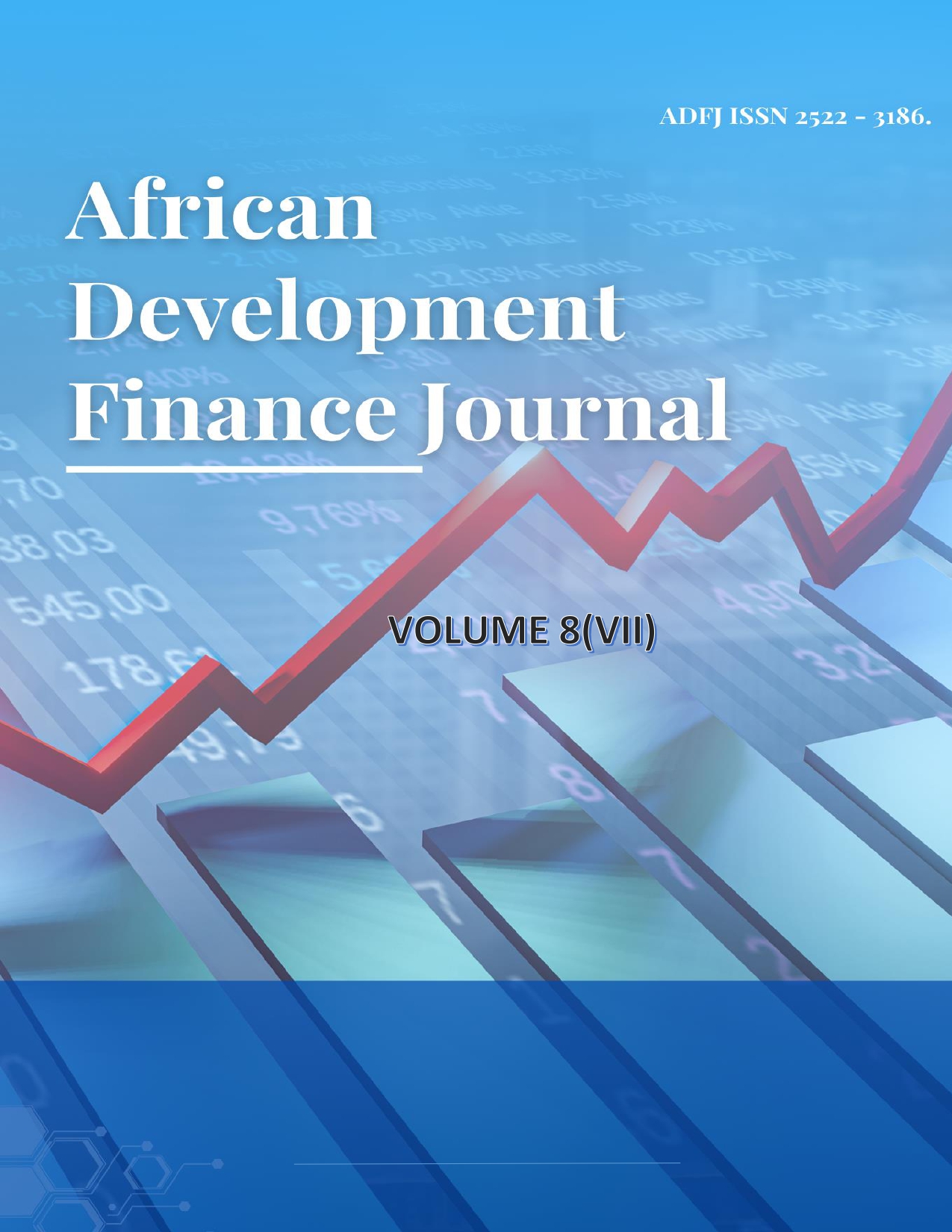Does Institutional Quality Influence Tax Structure in Developing Countries? A Panel Data Analysis
Abstract
Institutional quality is very imperative to support tax system and hence to increase economic growth of any nations. This study examined on how institutional quality affected tax structures in developing countries. Using macroeconomic data spanning 26 years (1996–2021), the study employed the Panel Autoregressive Distributed Lag (ARDL) model to investigate the effects of political stability, government performance, accountability, and corruption control on the region's tax structure. The data came from the Worldwide Development Indicators (WDI 2021), government Revenue Datasets, and Worldwide Governance Indicators (WGI 2022). The findings demonstrated that the direct-to-indirect tax ratio is significantly and favourably impacted over the long run by government effectiveness at a 10% significance level. This study implies that good governance promotes the development and implementation of tax systems that give direct taxes precedence over indirect ones, thereby promoting equity. Controlling corruption also has a positive and significant effect at the 10% significance level, indicating that reduced corruption enhances justice and might even promote a higher reliance on direct taxes. Political stability has a significant positive effect at the 1% significance level. This demonstrates how early initiatives to combat corruption and improve governance may disturb established tax systems, leading to a temporary reliance on indirect taxes or challenges increasing the share of direct taxes. Over time, it is expected that these improvements would improve and stabilize tax performance. To properly balance direct and indirect taxes, the study advises East African governments to increase government effectiveness and combat corruption.
Keywords: Institutional Quality, Tax Structure, Developing Countries, Panel Data, ARDL

